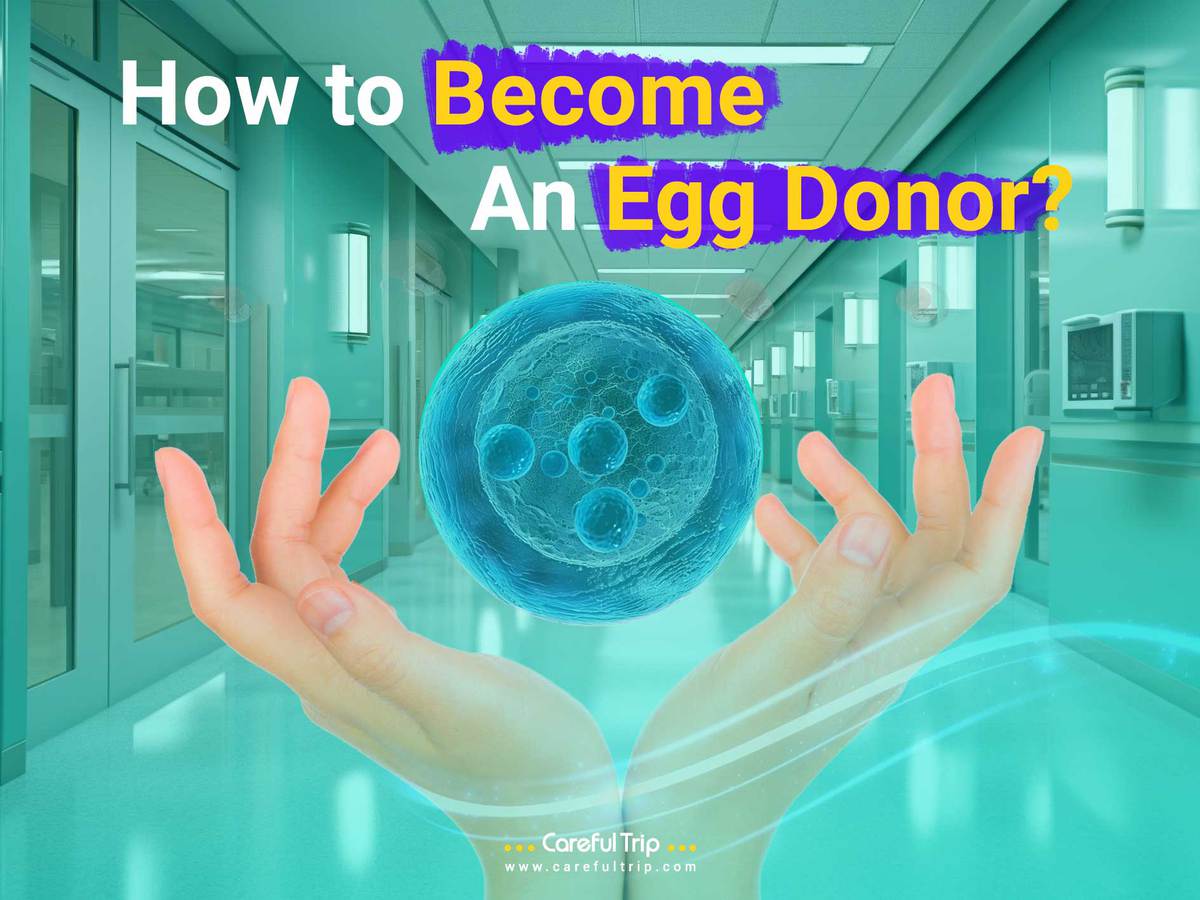Introduction
Embarking on the journey to become an egg donor is a profoundly generous decision that can bring immense joy and fulfillment to the donor and, more importantly, those who dream of starting a family but face obstacles doing so. This comprehensive guide explores the complexities of egg donation—from the initial decision-making to understanding the basic egg donor requirements and navigating the medical processes and legalities involved. Emphasizing egg donor requirements helps prospective donors understand their contributions’ commitment and profound impact.
Understanding Egg Donation
Egg donation is a vital lifeline for individuals and couples facing infertility challenges, effectively bridging gaps in their capability to conceive. This process involves women voluntarily contributing their eggs through advanced medical interventions to assist others in starting families. It addresses not only genetic disorders, premature menopause, and age-related infertility but also supports diverse family structures, including same-sex couples and single individuals seeking biological children. The practice introduces complex ethical and societal considerations, balancing medical innovation with biological kinship, privacy, and the psychological well-being of all parties involved. Central to this are the stringent egg donor requirements that ensure the safety and effectiveness of the procedure.
For more information, read:
Egg Donation Explained
Egg donation involves a woman donating her eggs to help another person or couple conceive a child through assisted reproductive technology (ART). This procedure is deeply intertwined with advanced medical technology and altruism, offering a critical option for those unable to conceive naturally. Egg donor requirements are pivotal in ensuring the process is performed ethically and successfully.
Who Needs Donated Eggs?
Individuals and couples who may benefit from donor eggs include women with premature ovarian failure, those with genetic conditions that prevent the production of viable eggs, or older women facing age-related fertility challenges. Additionally, same-sex male couples and single men seeking biological children also greatly benefit from this option. Egg donor requirements are critical in ensuring donors meet the health and genetic standards for a successful donation.
Egg Donor Requirements
Ensuring the health and safety of both the donor and the recipient is paramount, necessitating stringent egg donor requirements. Prospective donors must typically be between 21 and 30 to optimize health and egg quality. Comprehensive health screenings are a part of egg donor requirements, ensuring physical well-being and genetic health and confirming donors are free from inheritable conditions. Psychological evaluations also play a crucial role in assessing a donor’s mental preparedness and understanding of the emotional ramifications of their donation.
Basic Eligibility Criteria
Meeting the egg donor requirements includes being within a specific age range and possessing excellent physical and mental health. Regular screenings and detailed medical history reviews are integral to fulfilling egg donor requirements and ensuring the safety and success of the donation.
Screening Process
The screening process for potential egg donors is rigorous and conducted to ensure the donor’s suitability for the program. This includes psychological assessments to gauge mental and emotional readiness and medical screenings for diseases and genetic conditions—all in line with established egg donor requirements.
Legal and Ethical Considerations
Navigating legal and ethical considerations forms a critical part of egg donor requirements. Potential donors must understand and sign consent forms that clarify the donation process, their rights, and the future use of the donated eggs, ensuring transparency and respect for all parties involved.
The Egg Donation Process
The egg donation process begins with an in-depth adherence to egg donor requirements, followed by hormonal stimulation to induce the production of multiple eggs. Regular monitoring through ultrasounds and blood tests assesses the donor’s response to hormonal treatments. Egg retrieval, performed under sedation, involves carefully extracting eggs in a minimally invasive procedure, emphasizing the donor’s safety and optimizing the success rate of viable eggs retrieved.
Initial Consultation
The process begins with a consultation with a fertility specialist who explains the procedure, its risks, and the legal implications. This session allows potential donors to ask questions and express concerns, ensuring they fully understand the egg donor requirements.
Hormonal Stimulation
Following evaluation and acceptance into the donor program, the donor undergoes hormonal stimulation. This involves prescribed medication encouraging the ovaries to produce multiple eggs, reflecting adherence to the stringent egg donor requirements governing the program.
Egg Retrieval
Once the eggs are ready for retrieval, the donor undergoes a minor surgical procedure known as follicular aspiration, performed under sedation. This process is carefully monitored to maximize comfort and minimize risks, strictly following egg donor requirements.
Risks and Benefits of Egg Donation
While egg donation is generally safe, with many controls in place, it carries inherent risks such as ovarian hyperstimulation syndrome (OHSS), reactions to hormonal drugs, or complications from the retrieval surgery. Psychologically, donors may experience mixed emotions, from fulfillment to complex feelings about the genetic offspring produced. On the benefit side, donors often receive health insights through extensive screenings, emotional satisfaction, and financial compensation for their commitment and time invested in the process, all facilitated by meeting the egg donor requirements.
Choosing the Right Clinic
Selecting the right clinic is crucial, impacting the overall experience and success of the procedure. Prospective donors should evaluate a clinic’s reputation, success rates, and ethical practices, looking for transparency in operations, professionalism of staff, and thoroughness of donor support programs. A clinic aligning well with the donor’s values and expectations will likely enhance the egg donation process’s safety, efficacy, and satisfaction.
Conclusion
Becoming an egg donor is a noble decision that offers women a unique opportunity to help others achieve their dreams of parenthood while engaging in a method that prioritizes their health and ethical treatment. The process is supported by thorough medical care, comprehensive legal advice, and solid ethical support systems, ensuring a positive impact on the lives of many. The MOM Infertility Treatment Center, in collaboration with CarefulTrip, enhances the experience, providing a safe and fulfilling journey. This decision carries great responsibility but offers even greater rewards, highlighting the profound impact one can have through such a generous act.
learn more:

